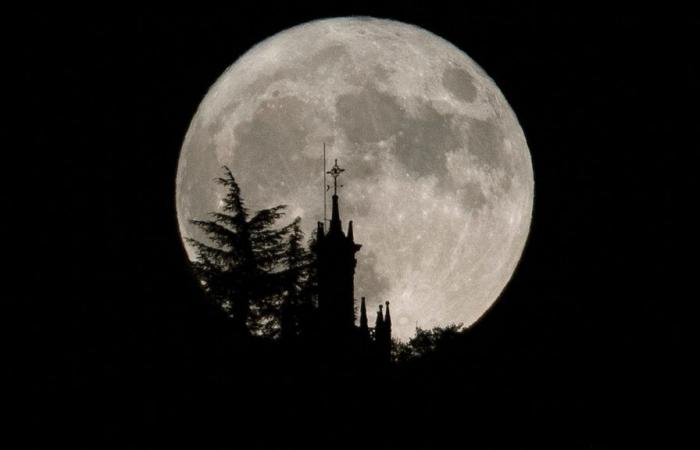Quebecers will have the chance to observe the fourth and last supermoon of the year this Friday, November 15.
The Beaver Moon is expected to light up the sky around 4:30 p.m., according to Space.com. The star should then “graze” the Earth, passing nearly 362 km from our planet.
A supermoon occurs at the end of a lunar phase, when its orbit passes close to Earth. This fairly rare alignment occurs about 3 or 4 times per year.
A supermoon may appear larger than usual, even though its size in the sky does not change.
The year 2024 was rich for cosmos enthusiasts since many super moons took place between August and October.
Why the Beaver Moon?
According to NASA, the name of November’s supermoon has a rich meaning.
Indeed, its origins come from “a variety of folk traditions from indigenous and European cultures,” said the American agency.
“Beavers prepare for winter during the month of November by fortifying their dams and hoarding food,” NASA added in an article published on its website.
Hunters were also preparing to hunt these animals known for their warm, thick fur.






